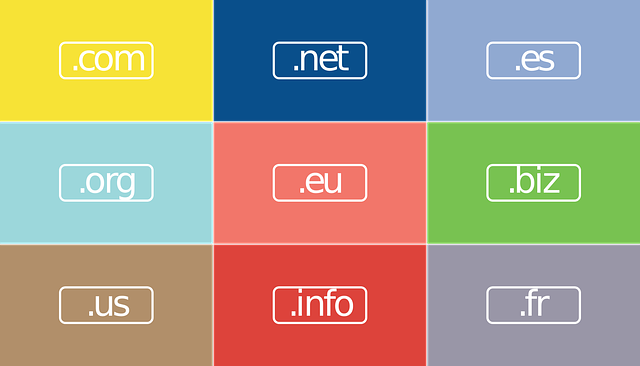Understanding Private Domain Registration
When you register a domain name, your ownership information becomes public record and is sent to a public database called WhoIs. Because ownership information (including name, address, phone number, and email address) is widely available, a lot of web hosts offer Private Domain Registration. Some web hosts, in fact, charge for this service and paint a very dismal picture of what will happen to your personal information should it fall into the wrong hands.
Private domain registration allows a registrant to hide the “true” identity of the domain owner and instead lists the name, address, email and phone number of the private domain registration or domain proxy service as the registrant. This can be a good thing for individuals or businesses concerned with privacy. Individuals who own personal websites or who own websites for businesses they run from their homes may want to hide their identities for some measure of privacy.
In some cases, major companies registering a domain name for a new product or service may also, at least initially, want to hide their ownership to avoid tipping off competitors. Apple, for example, was rumored to have privately registered iSlate.com in 2007, long before the debut of the iPad.
But if you use a domain proxy service to register your domain privately, you should know:
The Private Domain Registration Service Is The Legal Owner of Your Domain
A 2007 court decision indicated that the WhoIs information does not alone establish ownership of a disputed domain name. Unfortunately, this decision gave no clues as to any other factors that may help establish ownership of a domain name. In fact, the WhoIs database remains the primary way domain ownership is established. The database directly indicates the “ownership” information that was sent to ICANN when the domain was registered. This is a major criticism of the ICANN rules for domain owners who want to protect their privacy but who also want to hold unquestionable title to their domain names. Efforts continue to revamp the WhoIs and registration process so that privacy concerns can be addressed.
Who Owns Your Domain?
Many businesses hire a web designer or IT support company to set up their domains and websites. Because large hosting companies often offer private domain registration for free (or for a small fee), your domain may well have been registered using a private proxy service. Why? Most businesses today are organized in some manner that makes their information (name, address, phone number and often even an email address) public record and widely accessible. In fact, with few exceptions, what business doesn’t already post all its contact information on its website? So why not officially list the business name and address as the domain registrant?
If a business has some concern about publishing an email address or even a phone number (seems unlikely), unique emails and phone numbers can be set up for public databases. Google offers both for free: email accounts can be obtained through Gmail.com and phone numbers through Google Voice.
Domain registrants have to weigh the risks for themselves. For businesses, since the same information required to register a domain is often already publicly accessible, it seems clear that private domain registration which masks actual domain ownership would not only be the greater risk but kind of pointless.


